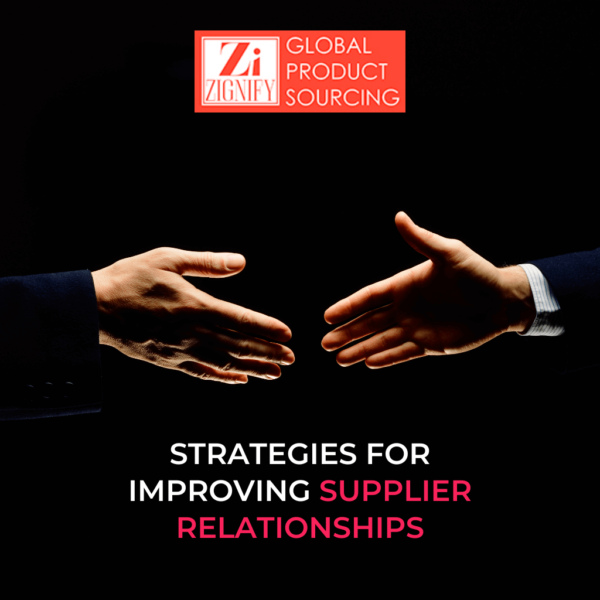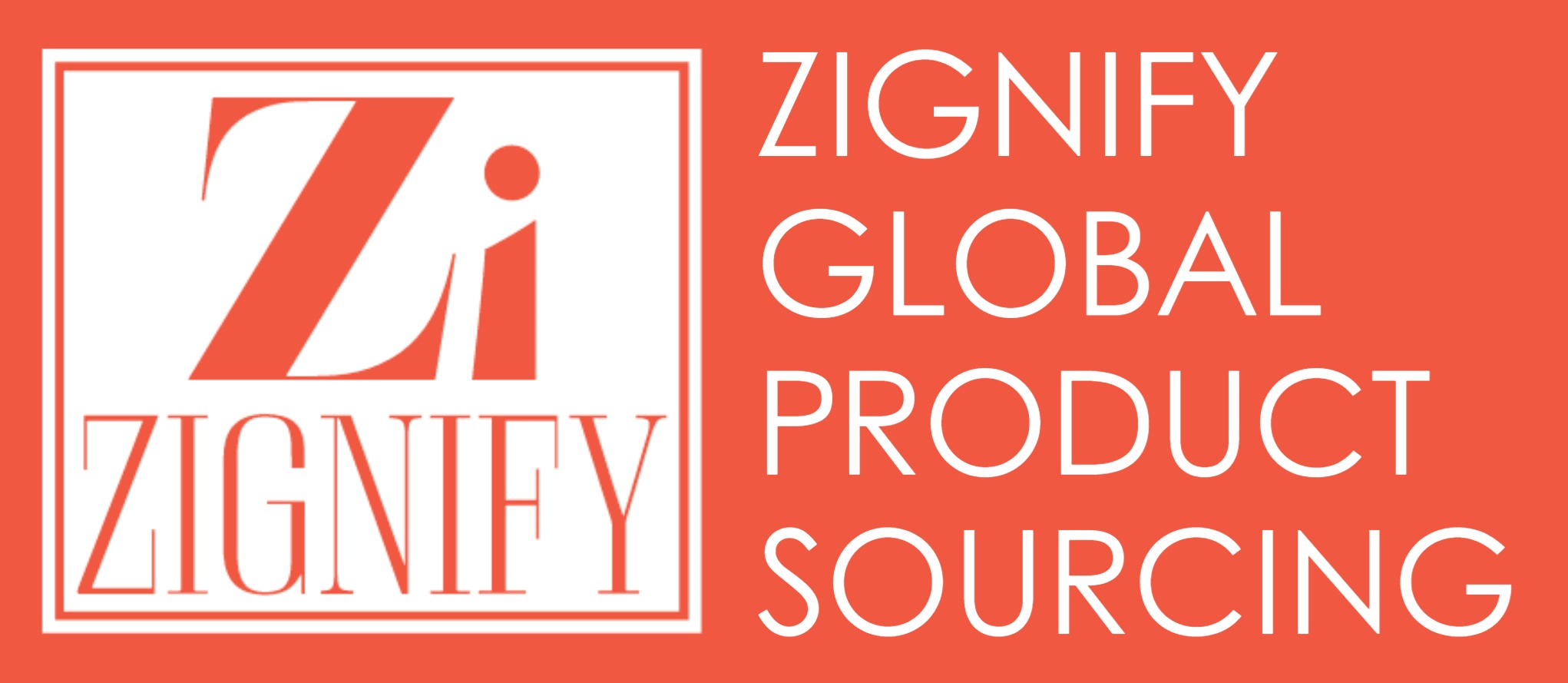
In today’s competitive business environment, it is more important than ever to have strong supplier relationships. Your suppliers are your partners in success, and by working together, you can create a mutually beneficial relationship that benefits both of your businesses.
These relationships go beyond simple transactions; they are the lifeblood of supply chains, influencing product quality, delivery schedules, mitigating supply chain risks, and ultimately, customer satisfaction.
In this article, we will delve into essential strategies for enhancing your supplier relationships, fostering collaboration, and ensuring long-term success and how we can help you improve your relationship with suppliers.
1. Clear Communication
Effective communication is the cornerstone of any successful partnership. To build and maintain strong relationships with your suppliers, it’s crucial to establish clear lines of communication from the outset. Open and transparent communication can help prevent misunderstandings, align expectations, and address any issues promptly.
Begin by defining communication protocols with your suppliers. Make sure both parties understand how and when to contact each other, the preferred channels of communication, and who the primary points of contact are. Regularly scheduled meetings or calls can also help keep the lines of communication open and foster a sense of collaboration.
2. Mutual Trust and Transparency
Trust is the bedrock of any relationship, and supplier relationships are no exception. Trust is built through transparency, honesty, and reliability. When your suppliers trust you, they are more likely to go the extra mile to meet your needs and offer competitive pricing.
To cultivate trust, be upfront about your expectations, payment terms, and delivery schedules. Avoid making unreasonable demands or last-minute changes that can strain the relationship. In turn, encourage your suppliers to be transparent about any potential challenges or delays they may encounter.
3. Consistent Performance Metrics
Performance metrics are vital tools for assessing your supplier relationships. Setting clear and consistent metrics helps both you and your suppliers understand what success looks like and how to achieve it. These metrics may include on-time delivery, product quality, cost-effectiveness, and responsiveness to issues.
Regularly evaluate your suppliers against these metrics and provide feedback. Recognize and reward outstanding performance, and collaboratively address any areas that require improvement. By doing so, you create a mutually beneficial environment where both parties are motivated to excel.
4. Collaborative Problem Solving
Challenges and setbacks are inevitable in any business relationship. Instead of assigning blame when problems arise, view them as opportunities for collaboration and improvement. Collaborative problem-solving can strengthen supplier relationships and lead to innovative solutions.
When facing an issue, engage your suppliers in a constructive dialogue. Encourage them to provide insights and suggestions for resolution. By working together to find solutions, you not only resolve the immediate problem but also demonstrate your commitment to a long-term partnership.
5. Diversification and Risk Mitigation
Overreliance on a single supplier can leave your business vulnerable to disruptions, such as natural disasters or geopolitical events. To mitigate risks and strengthen your supplier relationships, consider diversifying your supplier base.
Work with multiple suppliers for critical components or materials, and develop relationships with backup suppliers. Diversification can help ensure a more stable supply chain and reduce the impact of unforeseen challenges.
6. Technology Integration
Incorporating technology into your supplier relationships can streamline processes, improve communication, and enhance efficiency. Supplier portals, electronic data interchange (EDI), and supply chain management software can facilitate collaboration and information sharing.
Collaborate with your suppliers to implement technology solutions that benefit both parties. Ensure that your technology investments align with your mutual goals of efficiency and cost reduction.
7. Continuous Evaluation and Improvement
Supplier relationships are not static; they require ongoing attention and improvement. Regularly assess the effectiveness of your strategies, gather feedback from your suppliers, and adapt your approach as needed.
Engage in open and honest conversations with your suppliers about what is working well and what can be enhanced. By demonstrating your commitment to improvement, you reinforce the value of your supplier relationships.
How Can We Help You Improve Your Supplier Relationships?
At Zignify Global Product Sourcing, our commitment to adding value extends beyond just strengthening supplier relationships; it also directly benefits our customers. We believe that strong supplier relationships are essential for business success.
That’s why we focus on building long-term partnerships with our suppliers. We help businesses of all sizes find the right suppliers for their products, negotiate the best prices, and ensure quality control.
We work closely with suppliers to understand their needs and challenges, and we find ways to help them succeed. This approach has helped us to develop a network of reliable and trustworthy suppliers across the world, which we can leverage to help our customers achieve their goals.
Conclusion
Strong supplier relationships are essential for the success of your business. Clear communication, mutual trust, consistent performance metrics, collaborative problem-solving, supplier development programs, diversification, technology integration, and continuous evaluation are key strategies to improve these vital relationships.
By nurturing these partnerships, you can enhance efficiency, reduce risks, and create a robust supply chain that contributes to your long-term success. Remember that supplier relationships are an ongoing investment, and the effort you put into them can yield substantial returns in the form of improved product quality, reliability, and competitiveness in the market.
